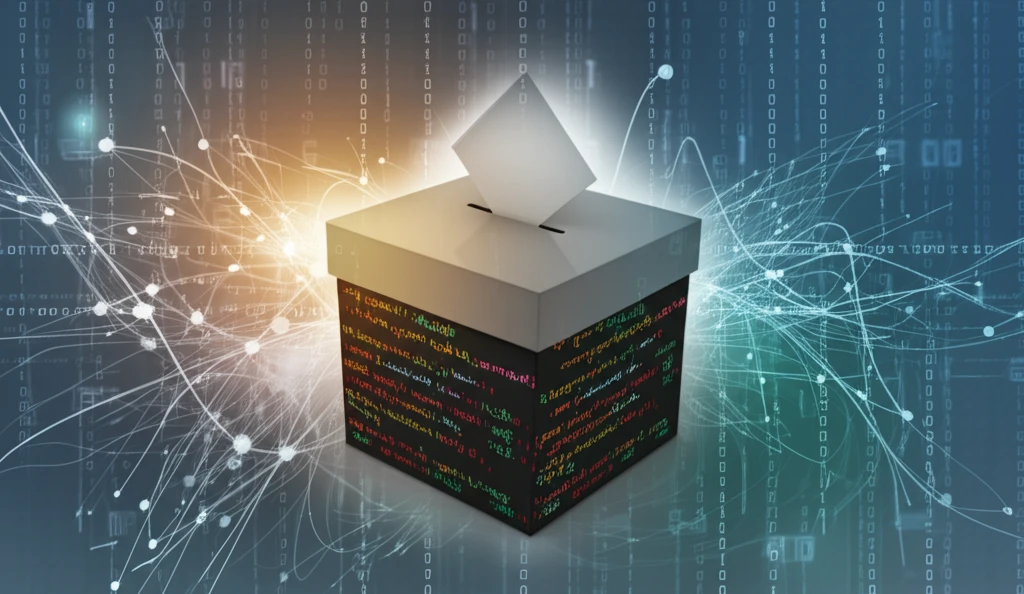
Is Your Vote Really Your Voice? How to Protect Democracy in the Digital Age
"Unveiling the hidden vulnerabilities of online voting and a new defense against manipulation."
In an era increasingly shaped by digital interactions, the concept of voting has undergone a significant transformation. From local elections to global polls, online voting systems promise convenience and increased participation. Yet, this digital shift introduces vulnerabilities that strike at the very heart of democratic processes: the potential for manipulation and unfairness.
Imagine a scenario where your voice, cast through an online ballot, is subtly altered or suppressed due to biased algorithms or malicious actors. This isn't a scene from a dystopian movie; it's a real threat that researchers are working to address. The challenge lies in ensuring that online voting remains a fair and accurate reflection of the collective will, free from the distortions of digital interference.
Recent research has focused on developing robust methods for sparse voting, a system where voters evaluate only a small fraction of the available options. This approach acknowledges the reality of large-scale decision-making, such as content moderation or recommendation systems, where it's impossible for every voter to assess every alternative. The goal is to create a voting mechanism that can withstand biased inputs, malicious attacks, and differing expression styles among voters, ensuring a trustworthy outcome.
What Makes Online Voting So Vulnerable?

The move to online voting introduces several challenges that didn't exist in traditional polling systems. These challenges amplify existing issues and create new pathways for manipulation.
- Heterogeneous Expression Styles: Different voters might use drastically different scales or approaches when scoring options. Some might be generous, while others are harsh. Without proper normalization, these stylistic differences can skew the results.
- Malicious Voters: Organized groups or individuals might attempt to manipulate the outcome by submitting dishonest scores. This is particularly problematic when dealing with alternatives that haven't been widely reviewed by honest voters.
- Lack of Transparency: The algorithms that underpin online voting systems are often opaque, making it difficult to identify and address potential biases or vulnerabilities. This lack of transparency breeds distrust and opens the door to manipulation.
The Future of Democratic Voting
The quest for robust and secure online voting systems is an ongoing process. While solutions like MEHESTAN represent a significant step forward, further research is needed to address the inherent trade-offs between resilience and accuracy. As technology evolves, so too must our methods for safeguarding the democratic process in the digital age.
